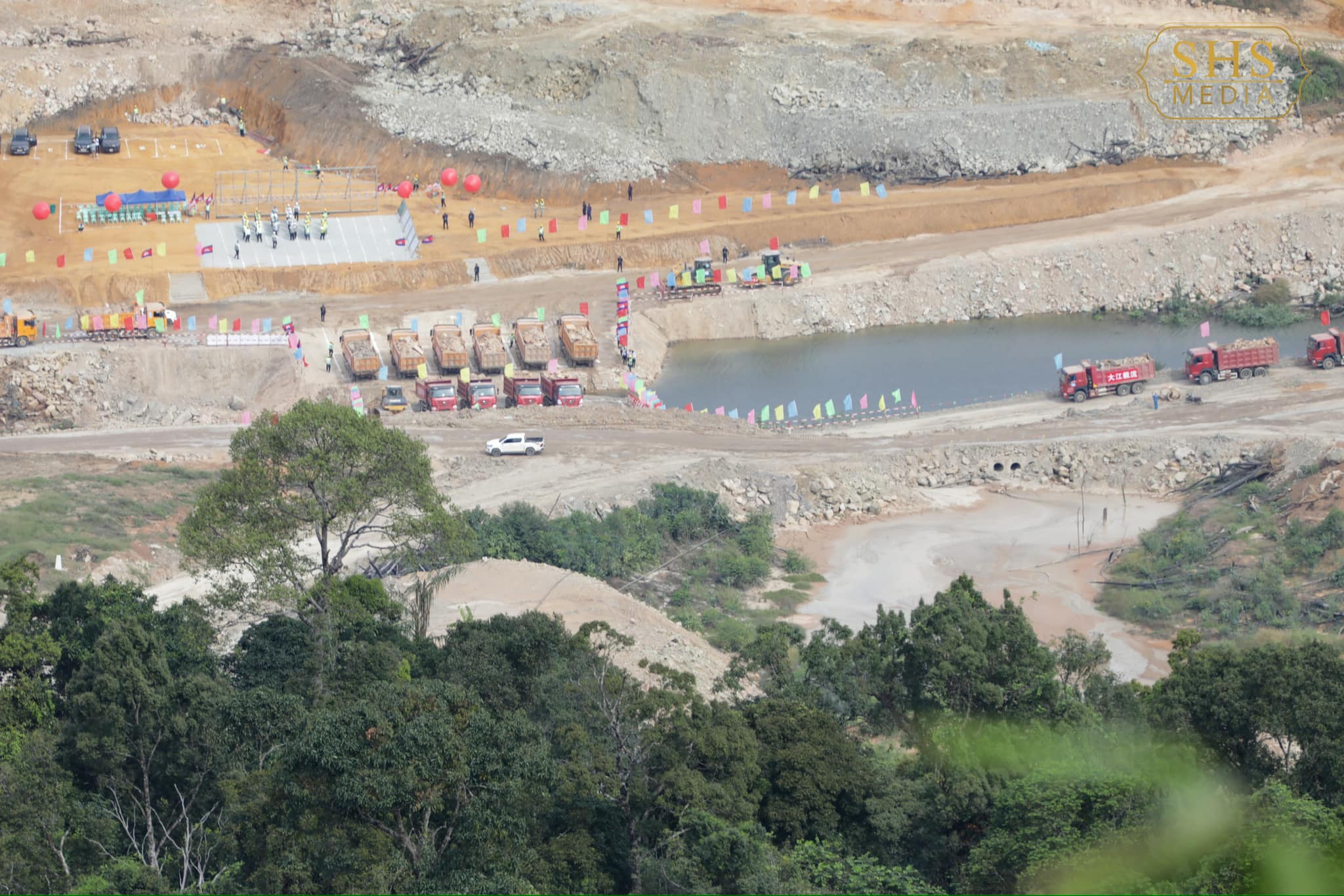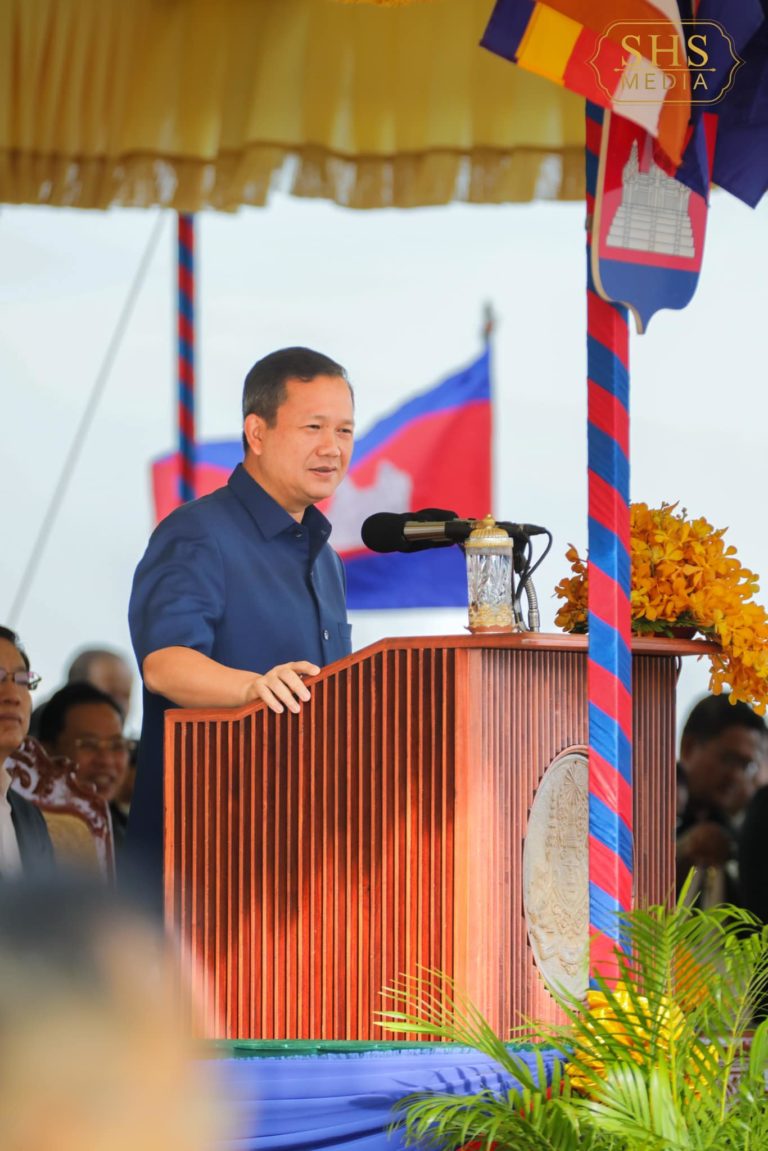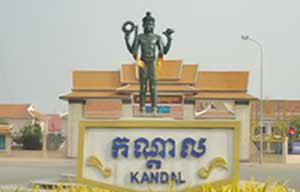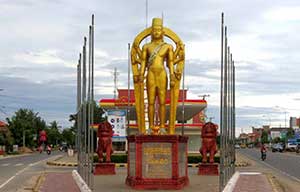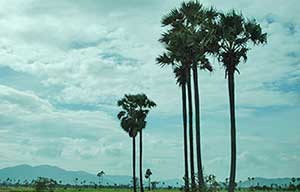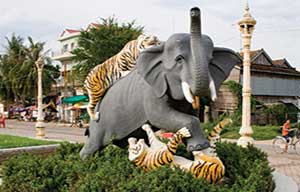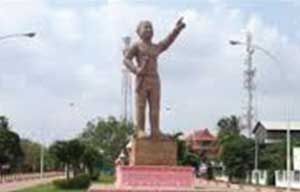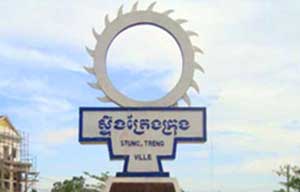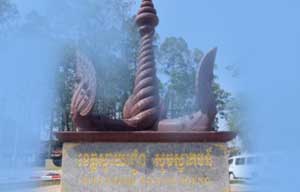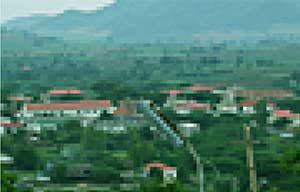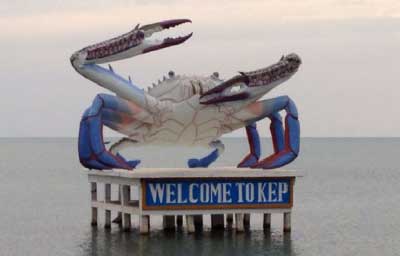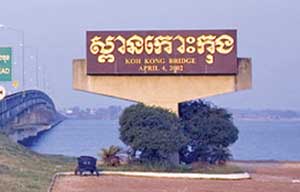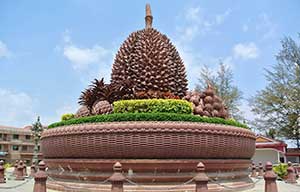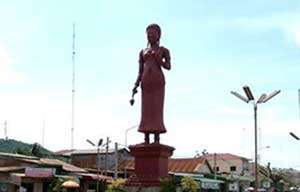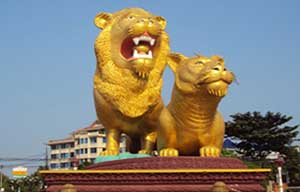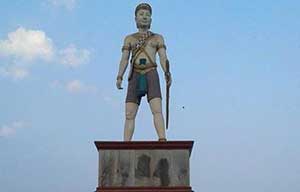There is possibility to build at least two hydropower dams along the Mekong river in Cambodia, but the Royal Government will not do so.
While presiding over the groundbreaking ceremony for the construction of Stung Tatai Leu Hydropower Dam of 150 megawatts in Thmar Baing district of Koh Kong province this morning, Samdech Moha Borvor Thipadei Hun Manet, Prime Minister of Cambodia, announced that Cambodia will not build any hydropower dam on the Mekong River, even though there are a lot of benefits for the country’s socio-economic development.
“The 7th-mandate Royal Government will not build dams on the Mekong River, no matter what the benefits are,” he underlined.
There are a total of 11 projects planned, of which seven in Lao PDR, two in Cambodia, and two across the Lao-Thai border.
The Mekong River Commission (MRC) pointed out that of the above-mentioned projects, two – Xaiyaburi and Don Sahong – have become operational and four more have been notified to the MRC for Prior Consultation Process.
MRC said hydropower development in the Lower Mekong River (LMB) brings both positive and negative consequences.
According to the MRC Council Study on the Sustainable Management and Development of the Mekong River Basin including Impacts of Mainstream Hydropower Projects, the LMB could see economic gains from full hydropower development of more than US$160 billion by 2040. Development of hydropower brings synergies with other water related sectors as well, including expanding irrigation that is key to food security, provides access to electricity that is key to poverty reduction, contributes to navigation that enhances regional trade, and provides flood management and drought relief that is important part of adapting to climate change.
But those benefits come with potential costs. The decline of fisheries could cost nearly US$23 billion by 2040. The loss of forests, wetlands, and mangroves may cost up to US$145 billion. With further reduction of sediment due to dams and sand mining, rice growth along the Mekong will be severely curtailed. Fish farms, irrigation schemes, and expanding agriculture could offset these losses, although with uneven results between countries.
